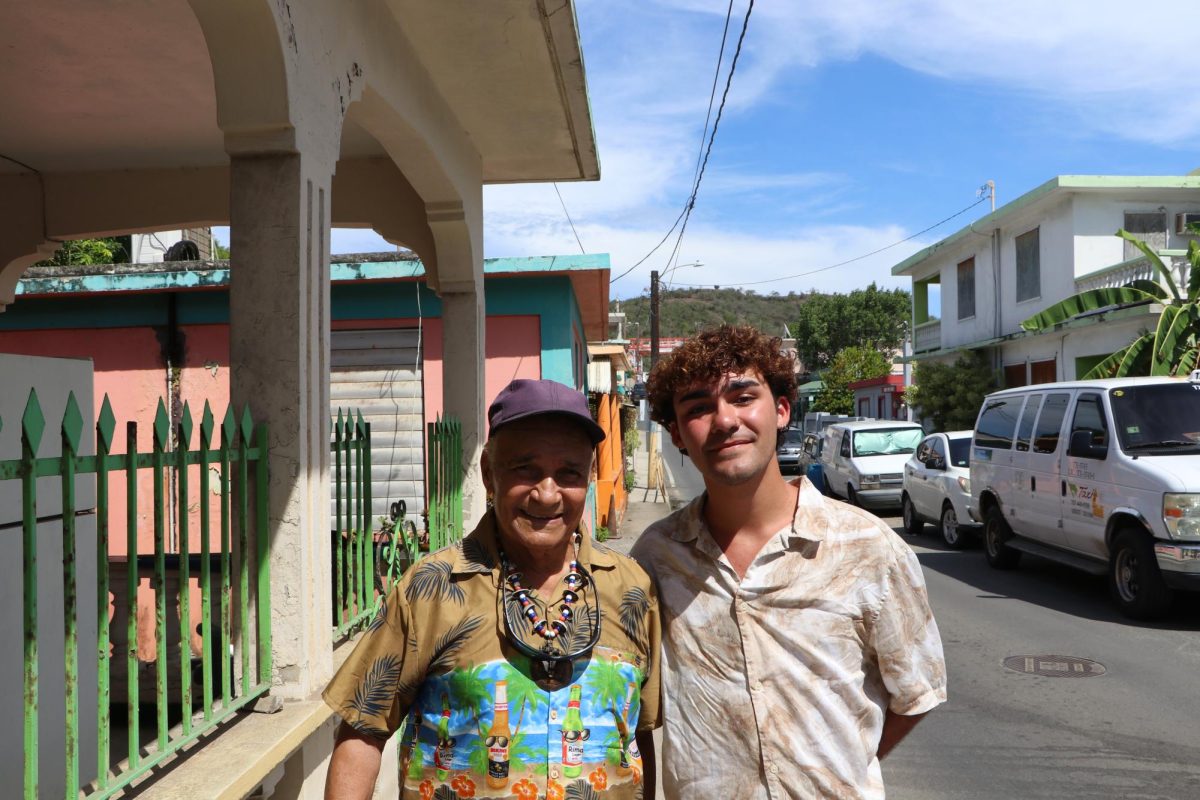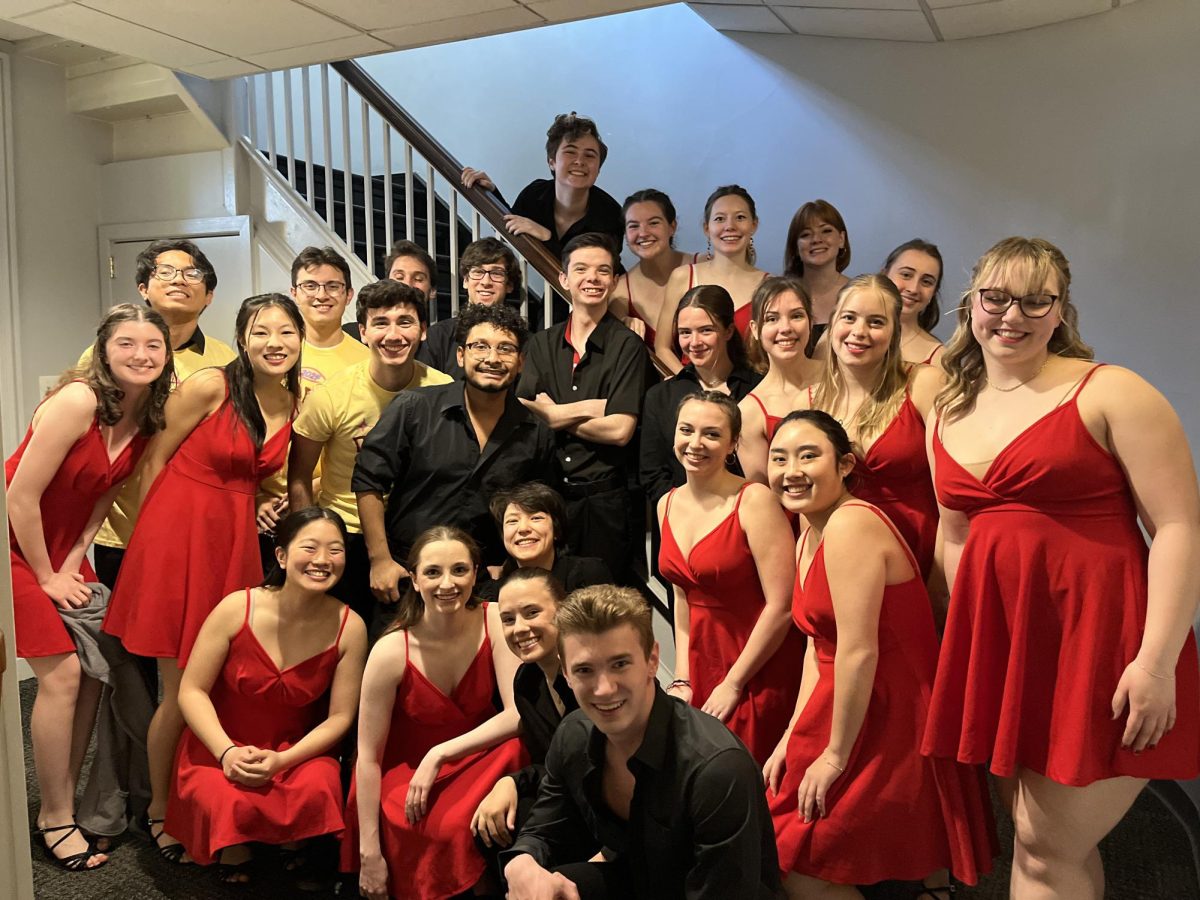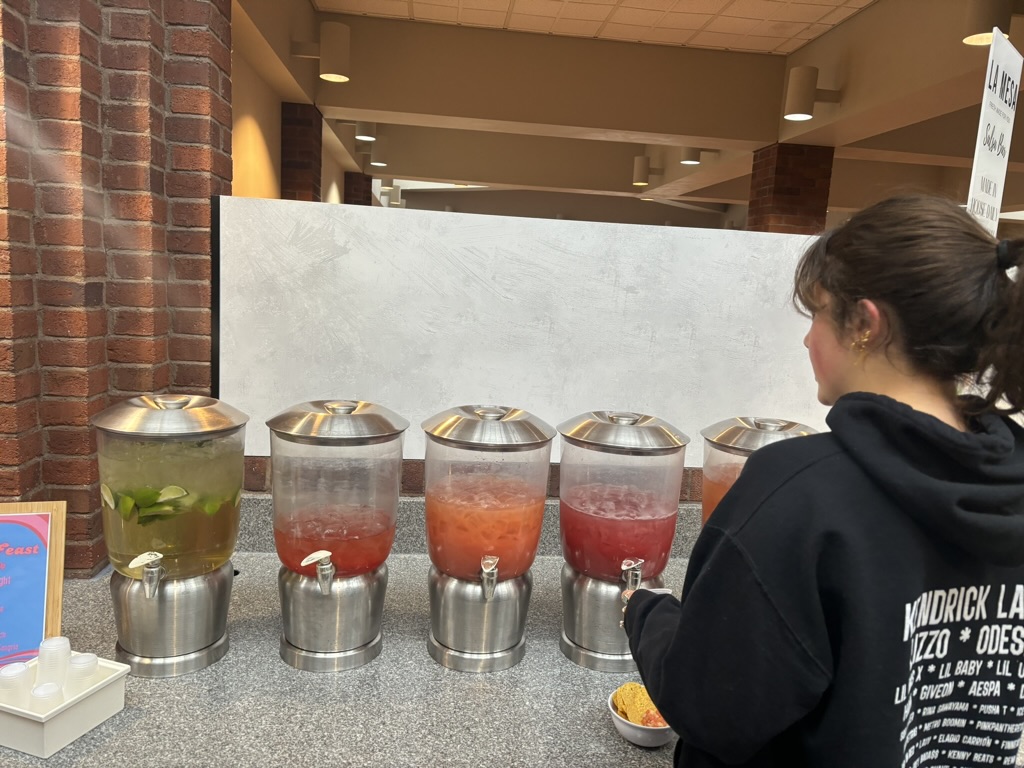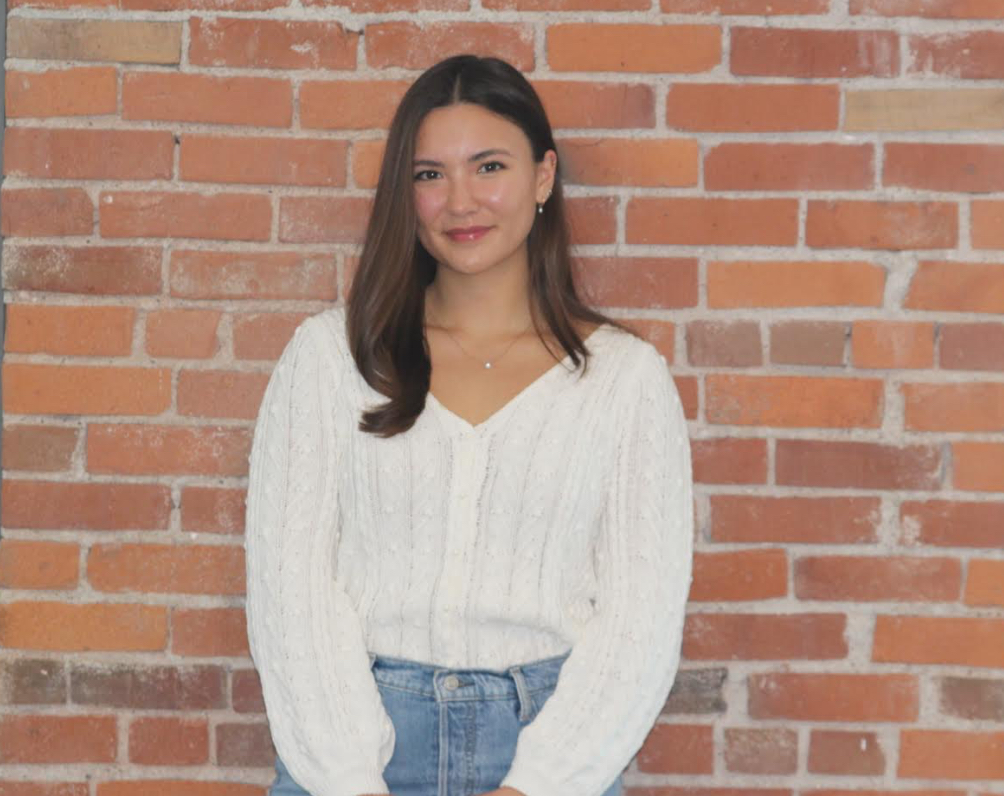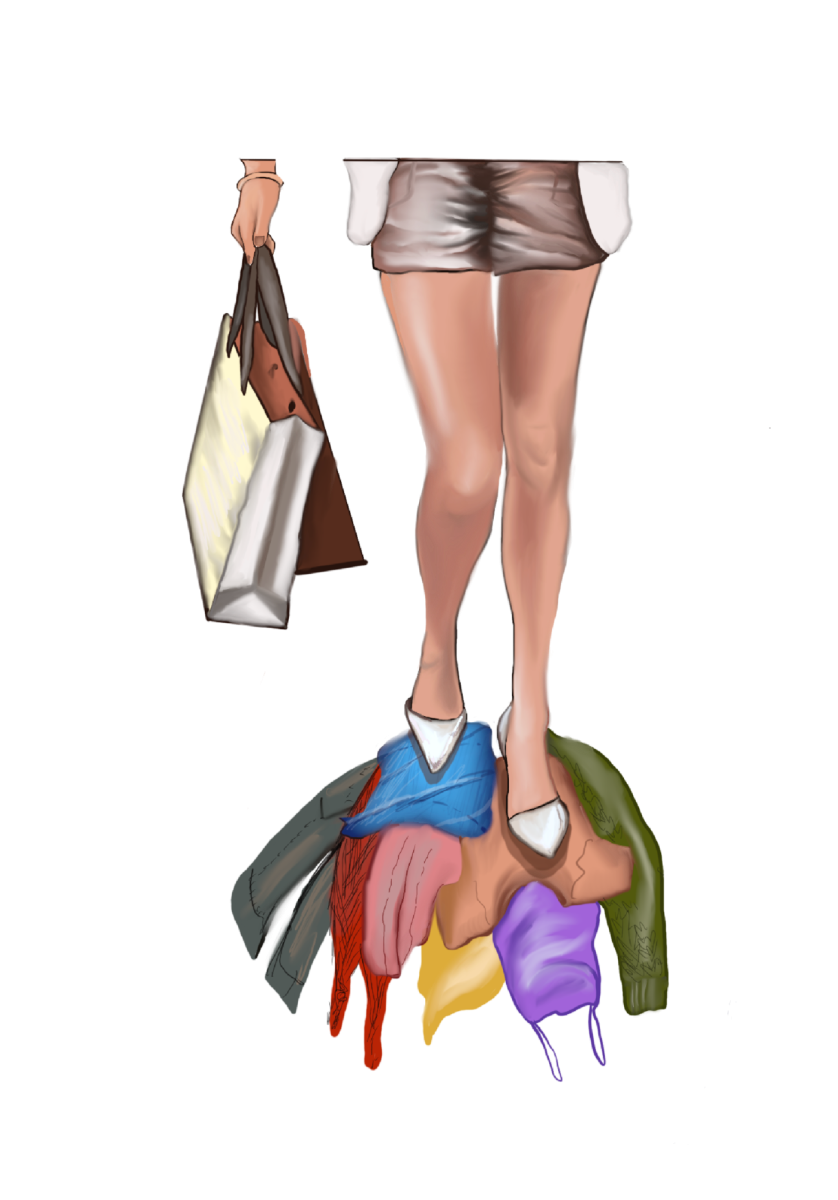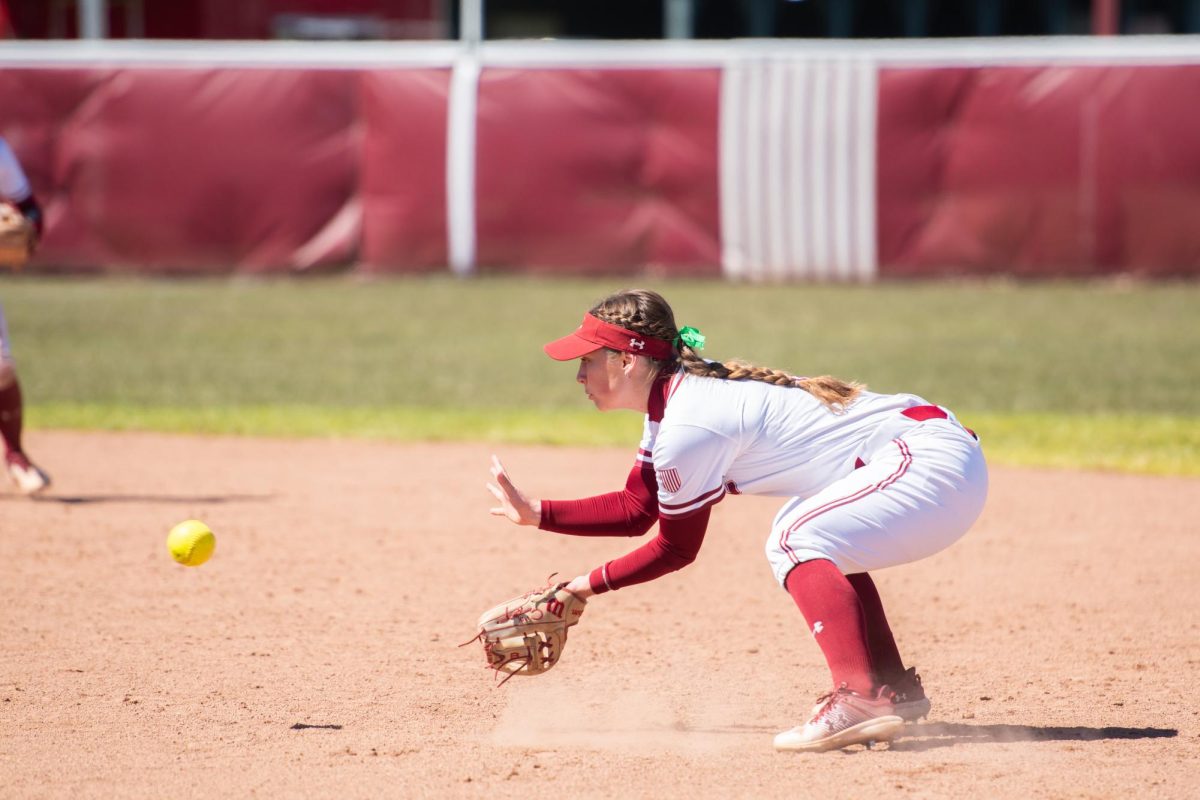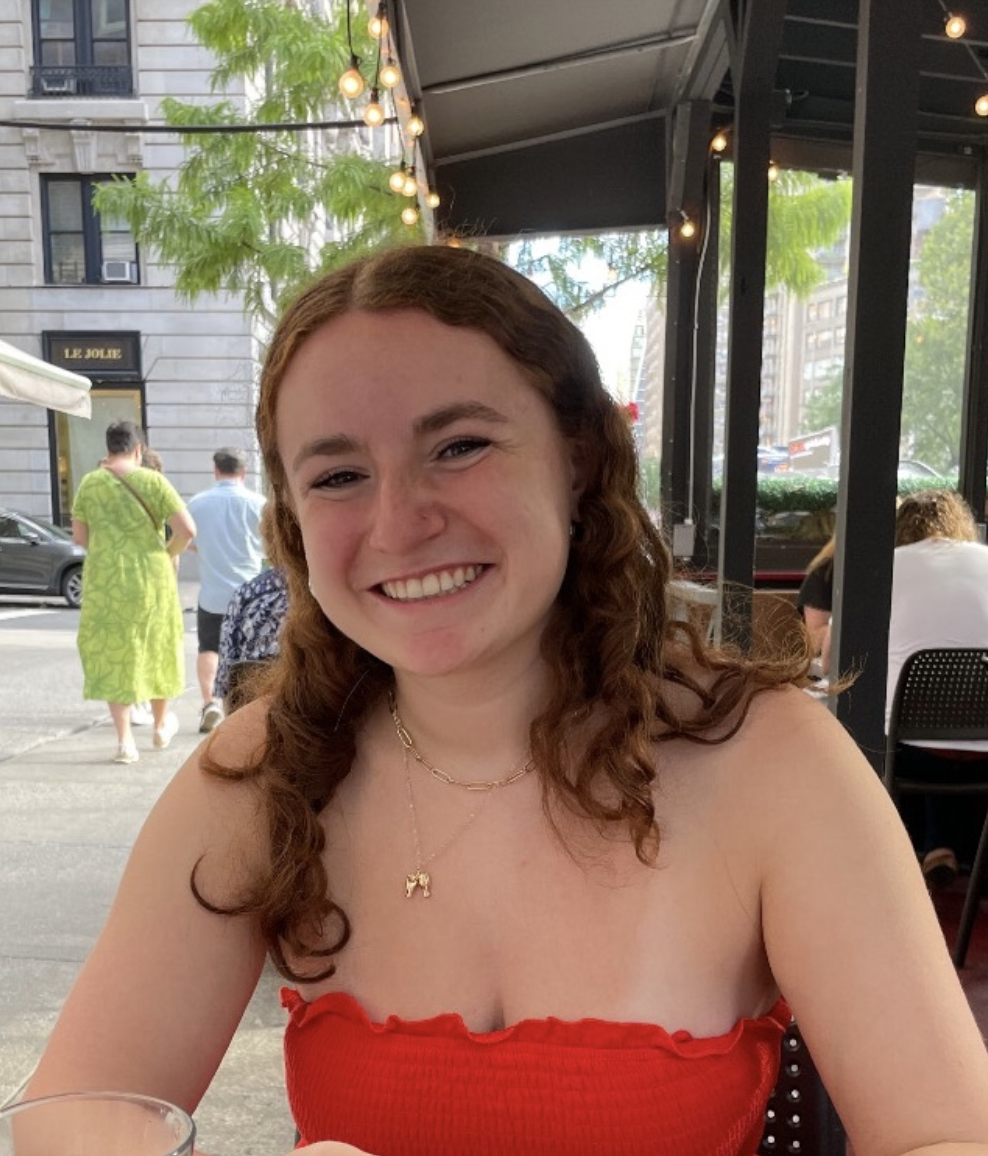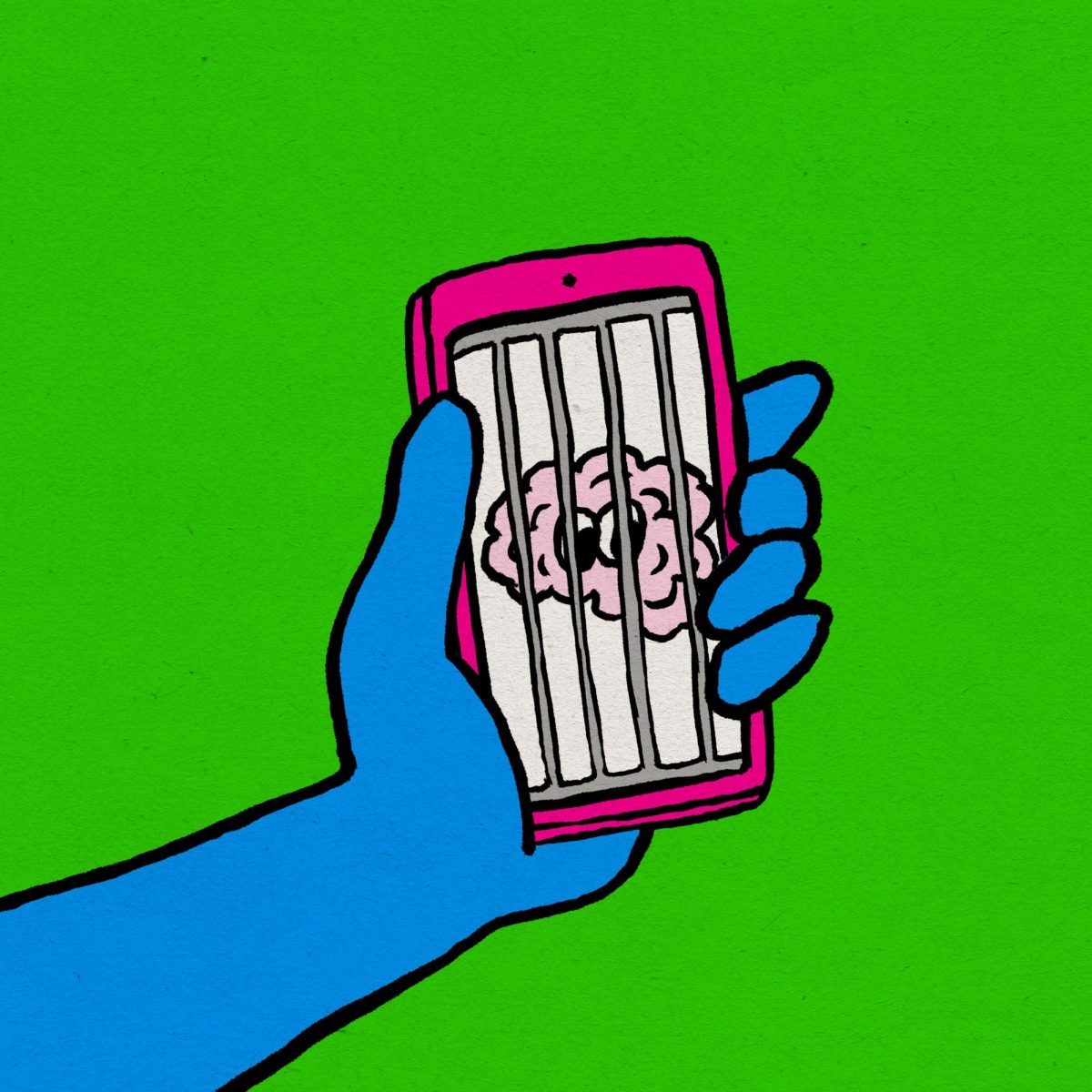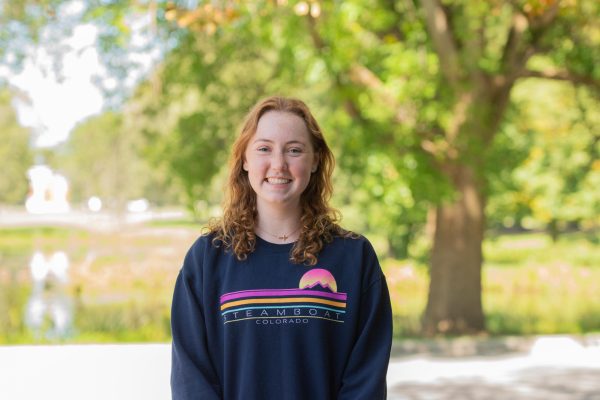When you think of Colgate University students doing summer research, the first image that comes to mind probably involves a lab coat and beakers. While Colgate does have many students who work for STEM-based professors over the summer, there are a multitude of students who explore other avenues. Colgate provides students with ample opportunities to receive funding for independent summer research for more creative projects, spanning trans-continental travel and a wide variety of subjects.
This past summer, junior Jorge Rochet spent time studying accounts of the U.S. Navy’s impact on Culebra and Vieques, two Puerto Rican islands that the Navy used as sites for military training in the past.
“This summer, I went to Culebra and Vieques [in] Puerto Rico, which are two islands […] that are just geographically separated and physically separated from the main island, so that implies that there’s colonial issues in regards to those two islands,” Rochet said. “What I did this summer was research about the U.S. Navy’s impact on Culebra and Vieques, because [the Navy] would practice military exercises [that involved bombing the area].”
Rochet — who is Puerto Rican — was inspired to do research by the misconceptions of Puerto Rico he encountered from people on the American mainland and the lack of knowledge about the U.S. Navy’s past destructive actions.
“Since I came here to Colgate, people always asked me, ‘Wait, I thought you were international, why did you move in this late?’ and I [have to explain that] ‘No, [Puerto Ricans are] not international, we’re U.S. citizens,’ so I feel like that’s where it started,” Rochet said.
Rochet saw how the Navy’s bombing and destruction wounded the land, economy and spirits of the people living on Culebra and Vieques, and how this led to cultural disruptions.
“The bombs themselves, they’re made out of Uranium and Agent Orange,” Rochet noted. “[There are] impacts in terms of gentrification, environmental problems [and] financial struggle as well […]. The Navy also took that sense of community in Culebra and Vieques, so when I asked people about art and theater, they would always say before the Navy there was a lot of ‘movement’ for the arts and theater and plays […]. [The creative community on the islands] was very much alive, and after the Navy, that went away — that sense of community got kind of broken down.”
Visitors to the islands today can see modern attempts to revitalize and reinvigorate the arts and culture scene on the islands.
“When I went [to Culebra and Vieques] I can say that [I saw] a lot of movements by younger generations trying to bring that back,” Rochet said. “[There are groups that teach kids] music and acting and singing and drawing.”
Sophomore Abby Call is another student who participated in Colgate-funded summer research. Call is a Benton Scholar and received funding through the highly selective program to travel to Kenya.
“I researched the contemporary art scene in Nairobi, Kenya over the summer,” Call said. “Many artists I met with focused on political corruption in their work. Micheal Soi, one of the more prominent artists in East Africa, used his comic-like art to bring awareness to social issues such as the exploitative commercial sex trade and China’s infrastructure projects in Africa.”
Call also spoke with the artist Peterson Kamwathi, who was her personal favorite:
“His work focused on more abstract concepts, exploring the impact of the collective on the individual, how replication alters perception, and the impact of time on power structures and political movements,” Call explained.
Call’s experience in Kenya allowed her to bring together a lot of topics that she had been interested in studying at Colgate in the past and look at them through a new perspective.
“I had been getting interested in how politics intersects with art through my Benton Scholars class, ‘Russia and Ukraine: Then & Now’ with Professor [Alice] Nakhimovsky,” Call said. “Upon further research, I realized the importance of considering how British colonialism impacted the art trade in Kenya. I appreciated getting to learn about talented artists in a new setting rather than in a Western museum.”
Associate Professor of Physics Jonathan Levine, director of the application-based Benton Scholars program, commented on how the program supports students’ intellectual and artistic pursuits.
“Abby and her Benton Scholar peers are each eligible for grants of up to three thousand dollars to do something creative and independent and intellectual and brainy and marvelous,” Levine said. “Benton Scholars are chosen in the Fall of their first year on the basis of exceptional creativity and independence.”
While Hall received funding through the program, Rochet’s research was covered by Colgate’s student-initiated summer fellowship.
“I developed a project by myself — Colgate just funded me through the student-initiated research fellowship,” Rochet said. “Basically, you have to make a proposal, you have to submit it and then the whole department of humanities — or whatever department [is related] — they evaluate it and approve it.”
Call and Rochet’s research focused on learning about the experiences of non-Western and marginalized communities and uncovering obscured history. Call’s research especially highlighted the politicization of art and the role it can play in defining and supporting a community.
“Before my first year at Colgate, I never thought art and politics could be so interlinked,” Call said. “The art that we see all around us is carefully manicured and used for a reason — maybe to get you to buy something, or to inspire a sense of freedom or to ask you to question something. The pictorial device is an extremely powerful political tool, whether we like it or not. I believe it is critical that we study art alongside politics. It informs us of who we are as a society and what we are becoming.”


